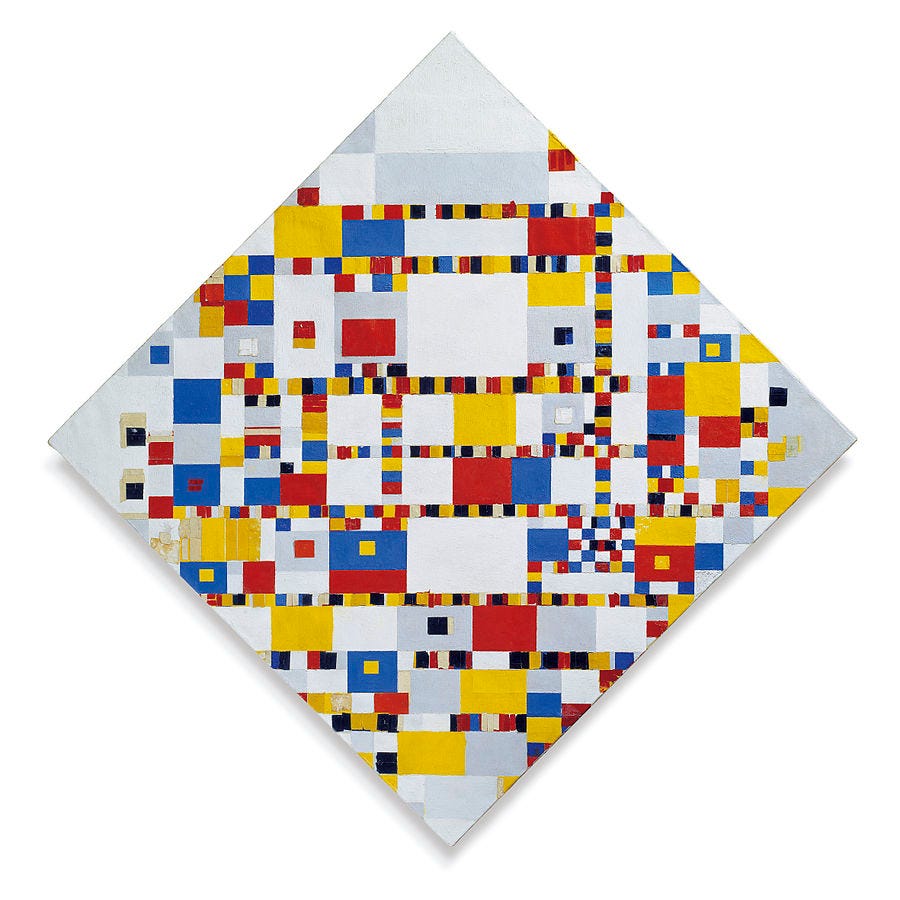
March 3, 2022
In this week’s issue of Public Seminar, Jed Perl presents an argument for the freestanding value of art—independent from social, economic, and political concerns—and Greil Marcus, Ingrid Rowland, Lindsey Scharold, John McWhorter, Katha Pollitt, and Paul Berman respond.
“The idea of the work of art as an imaginative achievement to which the audience freely responds is now too often replaced by the assumption that a work of art should promote a particular idea or ideology or perform some clearly defined civic or community service. Instead of art-as-art we have art as a comrade-in-arms to some supposedly more stable or socially significant aspect of the world.” In the prompt for this week’s special issue, Jed Perl defends art as a private act with the power to excite, inspire, and disturb its public audience.
Greil Marcus pushes back against allocating art “a place apart” as dangerously close to rendering unto Caesar. “There are would-be fascists on the right and would-be commissars on the left. All they need is institutional power, and they will speak as art, against art: Caesar will become God, and God will tell Caesar it is right.”
“President Obama wiped a tear from his eye; the audience rose to its feet, most of them singing or weeping or both.” Ingrid Rowland examines the principle of auctoritas, as realized by Aretha Franklin.
Lindsey Scharold agrees that art is under threat—not from politicization but from a lack of public support. “The shrinking time spent on arts instruction in public schools is just one example of a broader, cultural devaluation of the arts within American society today.”
“Today, hip-hop lives on without most fans taking seriously the fantasy that it will trigger a revolution or even increase political activism—that conceit now feels as antique as an iPod. Even a form of poetry as viscerally compelling as hip-hop cannot, it would seem, change the world.” John McWhorter recommends we temper our appreciation of art with an acknowledgment of its limits.
“We’re living through an exciting historical moment—don’t sleep through it. Old racial and sexual hierarchies are tumbling, and it’s wonderful that this is shaking up the arts. Bliss is it in this dawn to be alive!” Katha Pollitt makes the case for what Martin Luther King Jr. called “the fierce urgency of now.”
Paul Berman celebrates the return of the artist to the center of the conversation—“instead of the pharaohs, bishops, princes, bankers, bourgeoisie, forces of the market, fashion designers, etc., who might otherwise be mistaken as the primary factors in the making of art”—and introduces a bit of Pythagorean mysticism.
“Why look to society to tell us what art is or isn’t or can or cannot do? Why not look directly at art? What’s wrong with simply insisting that young people learn to play an instrument? Or read Shakespeare?” Jed Perl replies to his critics.



